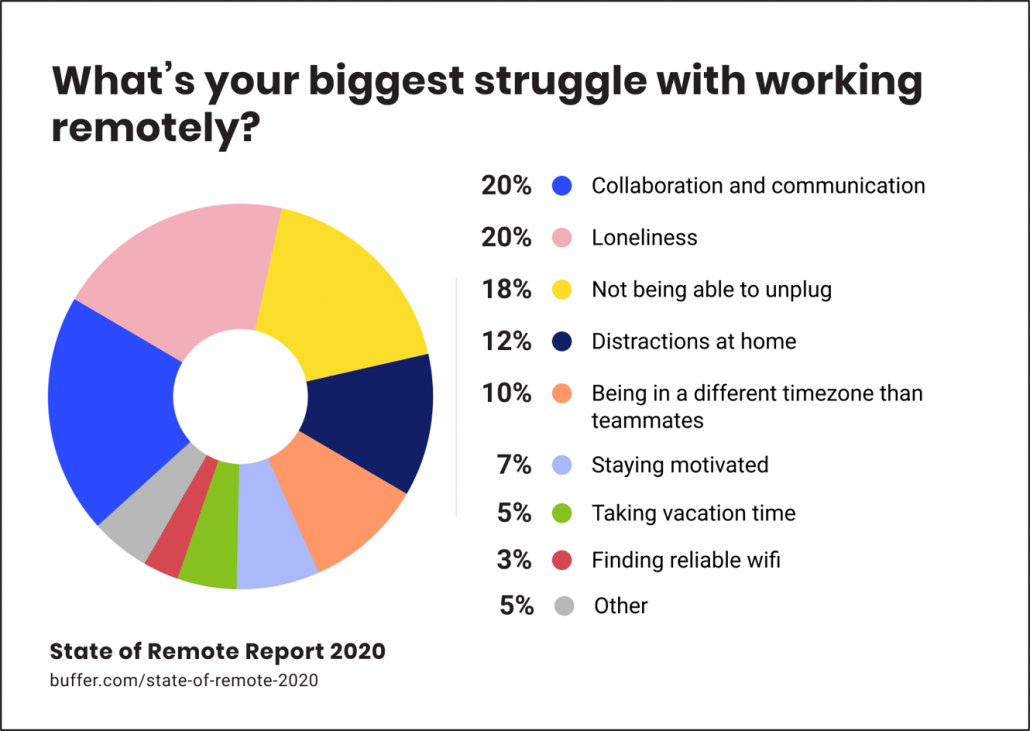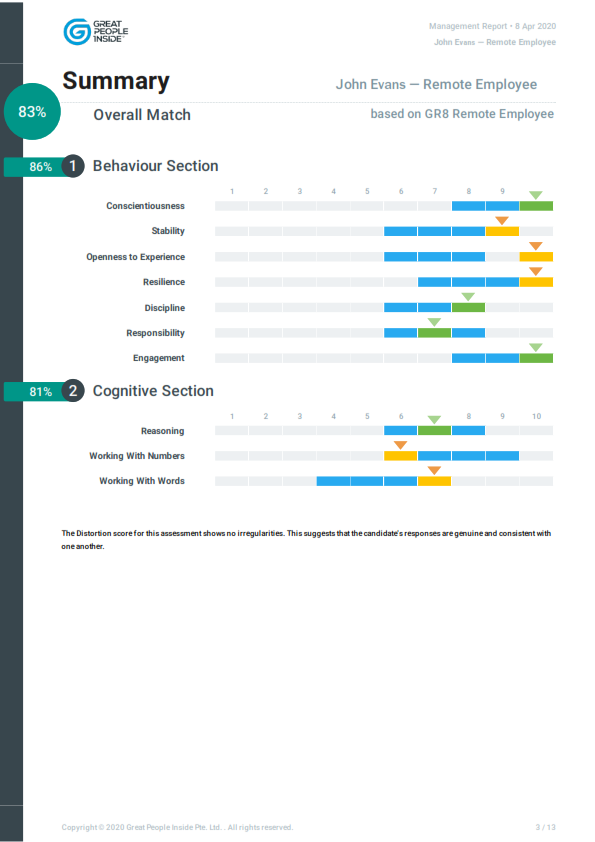Lockdown is not the real world – managing long-term homeworking
Effective Homeworking after the pandemic
The current pandemic has brought homeworking kicking and screaming to the top of many organisations’ agendas – whether they wanted it to or not.
But whether future homeworking in your organisation is a by-product of the pandemic or the culmination of a long considered plan, there are many things you need to take into consideration before you take the plunge.
The sudden nature of lockdown meant hunderds of thousands of people started working from home, overnight. Normal rules and regulations about working from home were suspended/waived in the face of a national emergency.
But that was then, and this is now…..

As a first consideration, any decisions you make, based on the world of work since March 23rd, need to take into account the fact that Lockdown is not the real world
As lockdown is slowly released, organisations are already considering extensive, ongoing home-working for a variety of reasons:
- The potential to save on the huge fixed costs of office space.
- The impact of social distancing meaning that they can no longer accommodate the number of people they had before in the space available – but can’t/don’t want to reduce headcount.
- The realisation that the old ‘way we work around here’ can be just as effective with employees working from home most of the time (knowing they actually do work!)
The first thing to consider is the legal framework for working from home which is somewhat different than during lockdown. The Advisory, Conciliation and Arbitration Service (ACAS) has a 43 page document (click here) outlining an employer’s obligations and suggested action they might take.
When you realise it covers topics such as…
- Whether current contracts of employment cover homeworking (and whether employees can refuse)
- What the financial implications are for the employee (additional heating and lighting costs, paying business rates, whether the terms of their mortgage and home insurance allow them to work from home full-time)
- Employers’ responsibility for Health and Safety at Work even when work is done at home (including questions like whether the employee has a readily available fire extinguisher!!)
..you begin to realise that setting this up for a sizeable workforce isn’t as easy as giving someone a laptop and phone and telling them not to come into the office any more.
But, even if you manage to scale this mountain, get everything in place in compliance with the law, there may be one fundamental thing you’ve forgotten.
Are the people you’ve designated to work from home willing/able to do it long-term?
Buffer.com publishes an annual global survey on homeworking and discovered in 2020 (like in previous years) that the top 3 difficulties people experience with homeworking, worldwide, are not necessarily related to the pandemic and lockdown.

It suggests that many individuals will either need help to overcome these problems or even that, for some people, Working From Home is not a viable option.
As the ACAS guide says, the personal qualities required are likely to include:
- Self-motivation and discipline.
- Ability to work without direct supervision.
- Ability to complete work to a deadline.
And it’s possible/likely that you won’t know this from the lockdown experience.
Compulsory homeworking during lockdown, while coping with the fear of job loss, fear of the virus and family issues, means that, while recent months give you an indication of what a long term policy might look like, you shouldn’t take it as proof of concept.
A London School of Economics study of more than 500 staff and managers[1] on attitudes towards flexible working found that many of the positive effects waned over time.
Employees no longer viewed working from home as a privilege and began behaving no differently to office-based staff, producing similar results. Supporting this research, major corporations such as IBM and Yahoo have both reversed remote-working policies, having seen a dip in productivity[2].
Part of the issue with working from home is that it doesn’t fundamentally change human psychology. If you are an unproductive person in the office, then it’s unlikely to change when you work from home – where there are plenty of other distractions. You still need tactics and strategies in place to help you work effectively.
So how do you find out who is best suited to homeworking?
Most employees (and employers), when asked if they would like to work from home, will answer yes – because they are only looking at the positive aspects of doing so. But this is the homeworking equivalent of asking someone ‘How are you?’ and accepting the answer ‘Fine.’ as confirmation that all is well.
You need a much more scientific approach if you are embarking on an enterprise-wide plan to introduce homeworking. There are certain factors that will help employers understand if, and where, their people will need help.
But what are those factors? And how do you measure them?
As an assessment business, Great People Inside is used to creating assessments for the development of employees and teams. Although the size of the homeworking challenge is unprecedented, the essential work of analysing and developing your WFH team hasn’t changed – it’s what we do, all day, every day.
And because we customise assessments for specific purposes, we’ve developed a series of new assessments, informed by extensive, independent research, into the characteristics required for people to work, successfully, from home.

These assessments will allow you not only to undertake a ‘health check’ of all your people, but to respond to what it tells you. With our Partners, we offer individualised online development, provided by subject experts, to help your people cope with a situation that is far from their ‘old normal’.
Our new assessments are:
Great People Inside’s Remote Employee assessment helps you discover if your current employees have the skills needed to be productive and motivated when working remotely.
Great People Inside’s Remote Manager assessment provides key information on the efficiency of managers leading a remote team, assesses their ability to manage different work styles and create vision, motivation and momentum in a remote team.
Great People Inside’s Remote Team Member assessment provides important information regarding the efficiency of a team when working remotely. It shows the way members interact with one another and, at the same time, presents the optimal conditions in which that team can reach the highest level of productivity.

If you are planning to introduce long-term homeworking in your organisation, do you know if your people can cope with the isolation? Would you like to know? And if you’re recruiting additional people directly into homeworking, wouldn’t it be good to be able to measure them against your existing successful homeworkers.
Contact Great People Inside on [email protected] or call us on 01494 573572 and let us help you develop and introduce the most effective (and cost-effective) Homeworking Policy possible to ensure you get it right first time.
[1] http://etheses.lse.ac.uk/3349/
[2] https://www.forbes.com/sites/carolkinseygoman/2017/10/12/why-ibm-brought-remote-workers-back-to-the-office-and-why-your-company-might-be-next/#6350779316da


